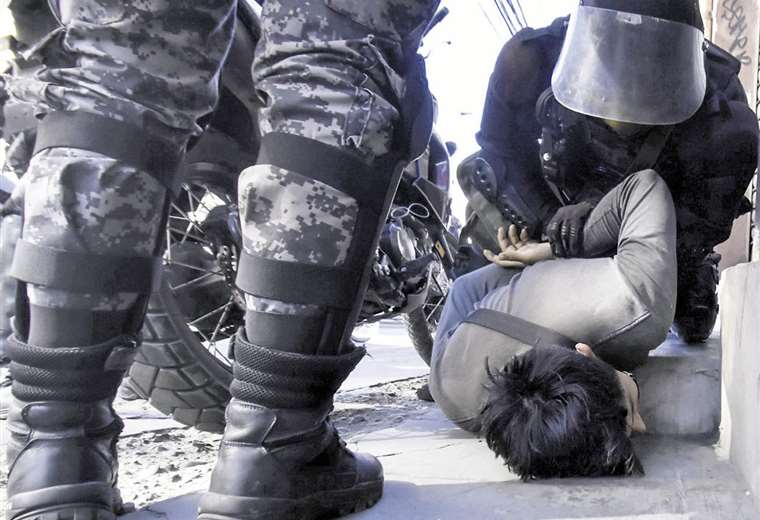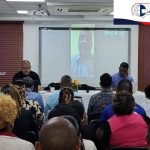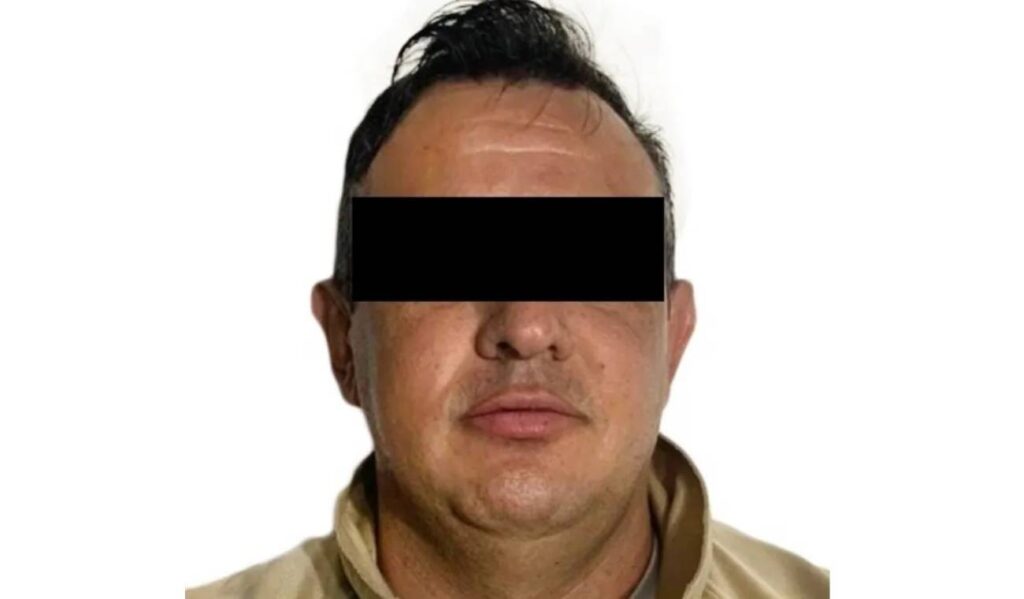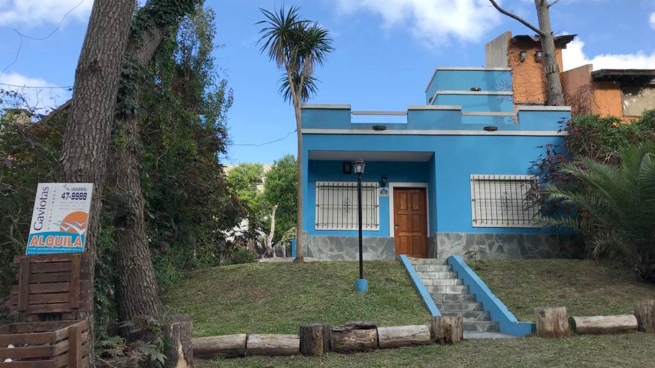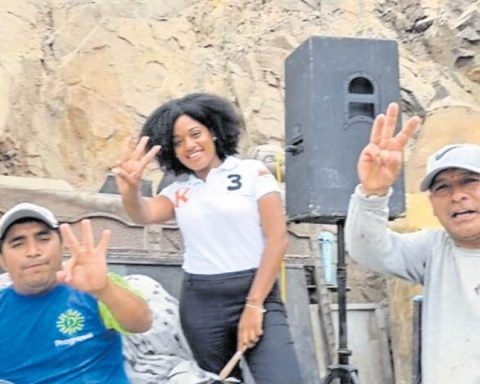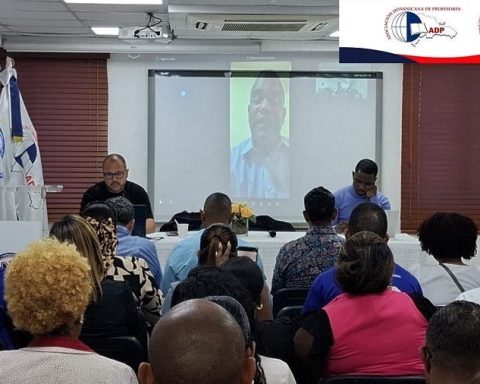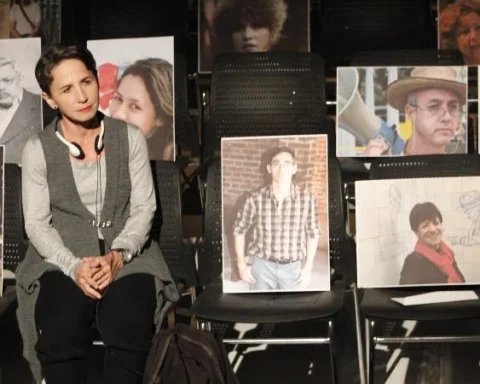August 22, 2022, 4:10 AM
August 22, 2022, 4:10 AM
There are 36 civil society organizations that denounced that in Bolivia there is a violation of human rights in recent events in the country. These sectors identified at least six cases in which the lives of journalists, human rights defenders and the population were put at risk.
The first observation they expose is the harassment and intimidation suffered by Senator Cecilia Requena, who leads a Popular Action for the Madidi National Park in the face of the mining extraction that exists in the area. This event was recorded on August 10.
Requena denounced acts of harassment and intimidation by groups of cooperative miners, a fact that he considers an attack on the exercise of the defense of human rights and the environment.
“We remind the national government and its allies, the mining cooperatives, that constitutional guarantees govern in our country for the exercise of the defense of rights, and specifically governs Law 1182 that has ratified the Escazú Agreement, which in its article nine protects defenders of rights, particularly the right to a healthy, safe and sustainable environment ”, says part of the public statement of the 36 organizations.
A second case of infringement and violation of human rights are the attacks and smear campaigns against journalists and independent media.
The third case exposed shows the administrative mechanisms to take and subordinate the Permanent Assembly of Human Rights of Bolivia (Apdhb).
“It has been denounced that the Permanent Assembly of Human Rights of Bolivia has suffered a new attack, this time subtly by administrative means by the Internal Revenue Service, which has arbitrarily granted the Apdhb NIT to the official group chosen outside the elections. norms of this organization, ignoring the representation of Amparo Carvajal”, says the pronouncement.
The organizations that sign the document are the Bolivian Documentation and Information Center (Cedib), the National Coordinator for the Defense of Native Indigenous Territories and Protected Areas (Contiocap), the National Press Association (ANP), the Permanent Assembly of Human Rights Human Rights Bolivia –(Apdhb), the Oruro Permanent Human Rights Assembly (Apdho), the La Paz Permanent Human Rights Assembly (Apdhlp), among others.
As a fourth case, they cite the “serious” human rights violations during the Adepcoca conflict. The fifth case refers to the excessive use of force and actions by violent groups of civilians during the demonstrations in Santa Cruz for the Population and Housing Census. At this point, they repudiate that the Minister of Public Works, Edgar Montaño, has led irregular groups that provoked violence and confrontations in the blockades.
Finally, the participation of high authorities in actions of irregular shock groups and military and police infiltration in civil organizations.
